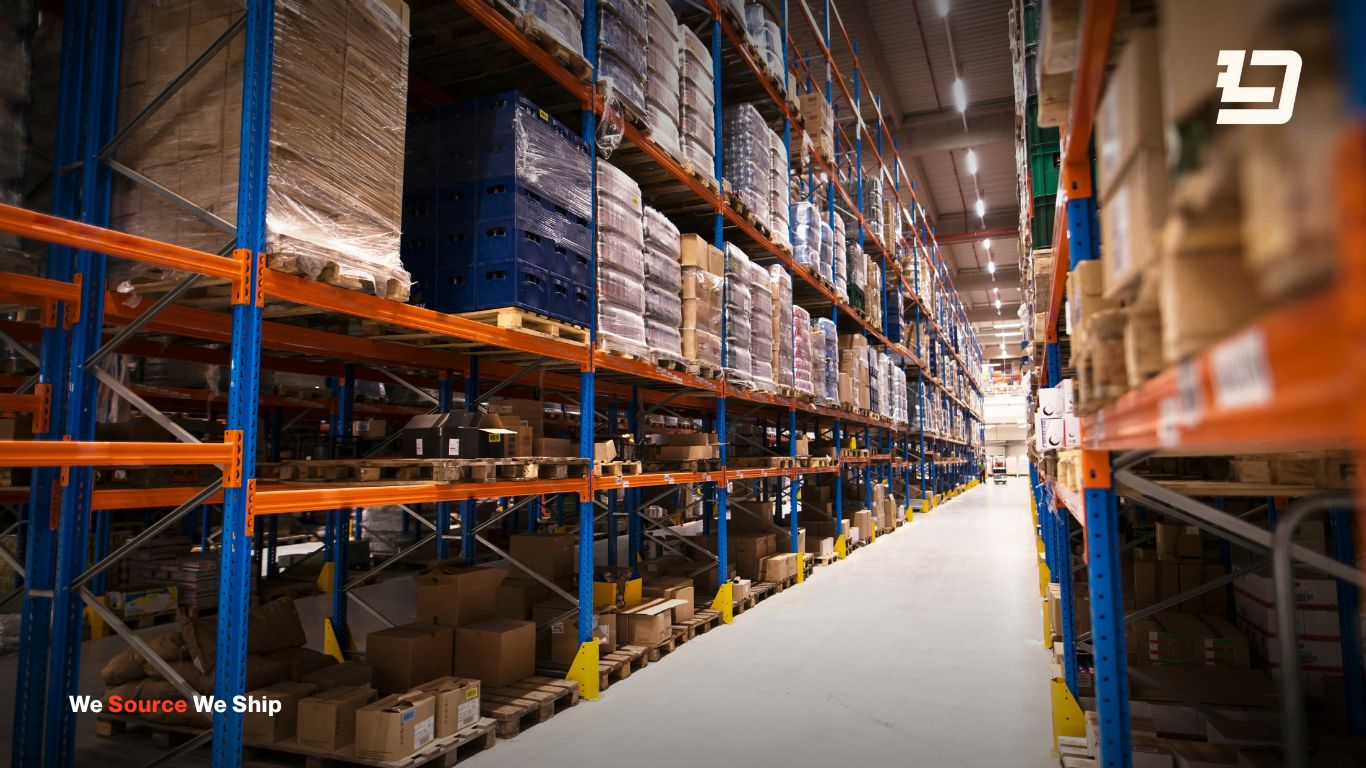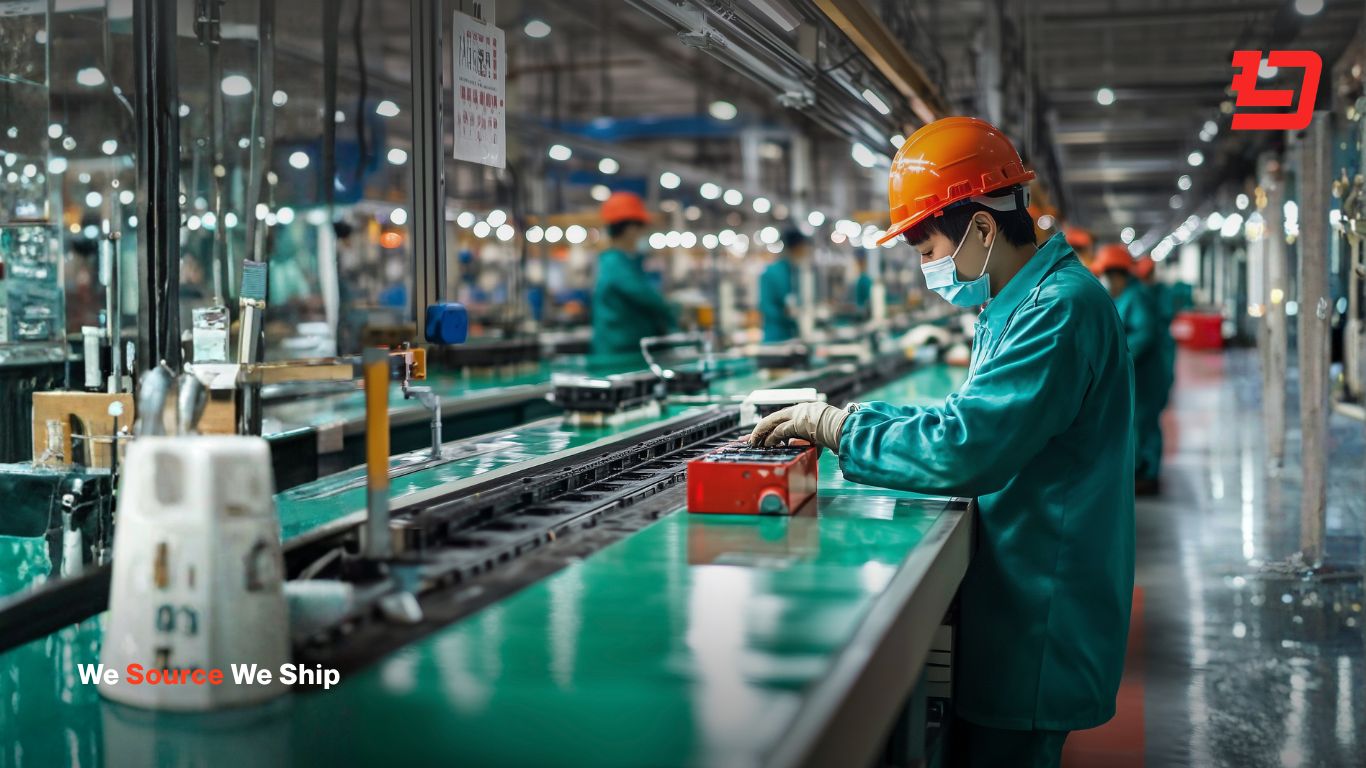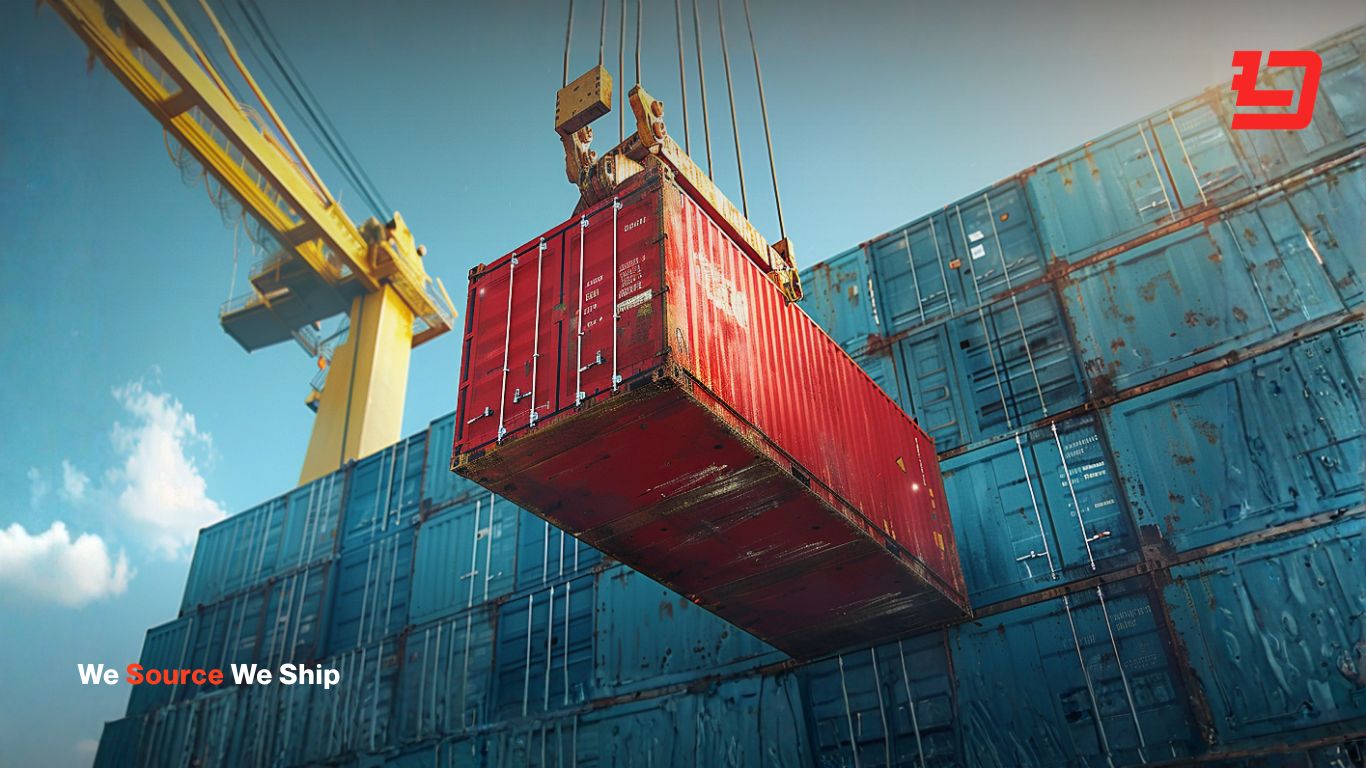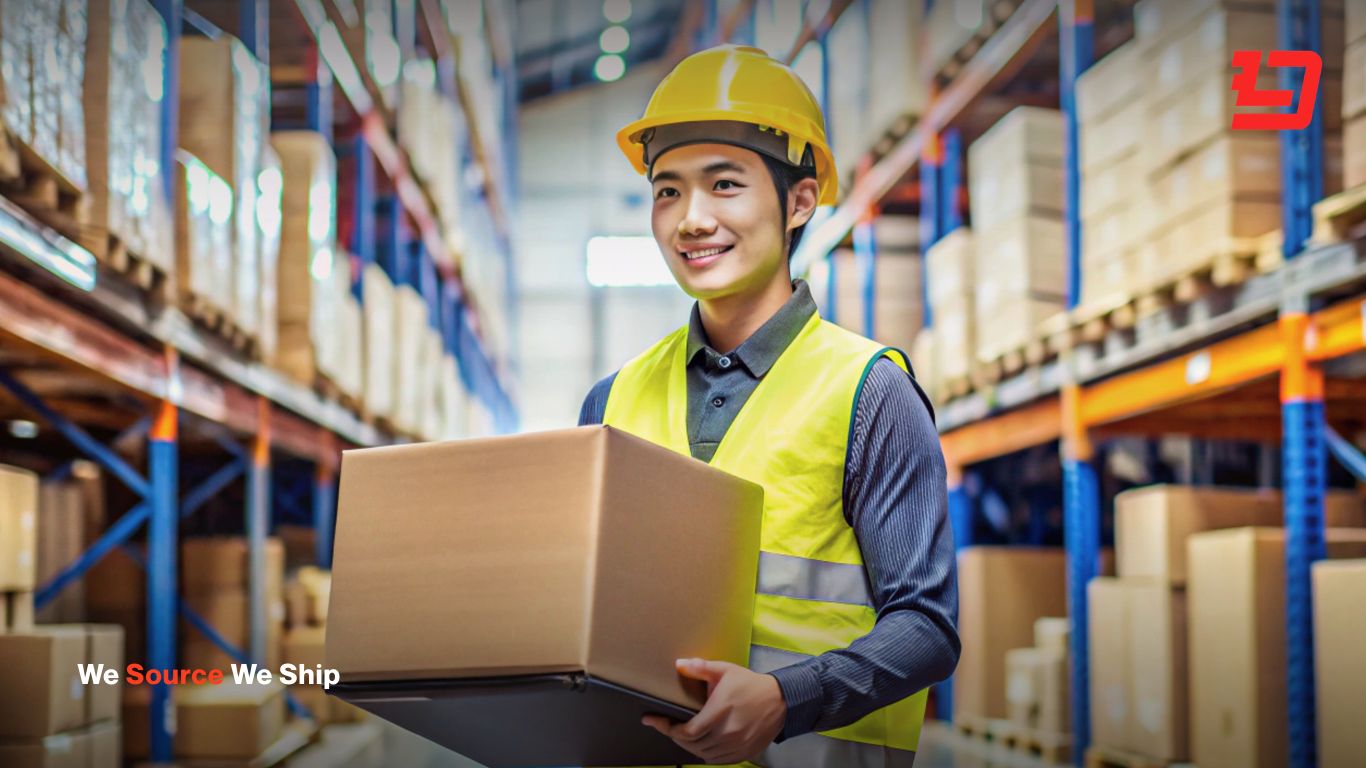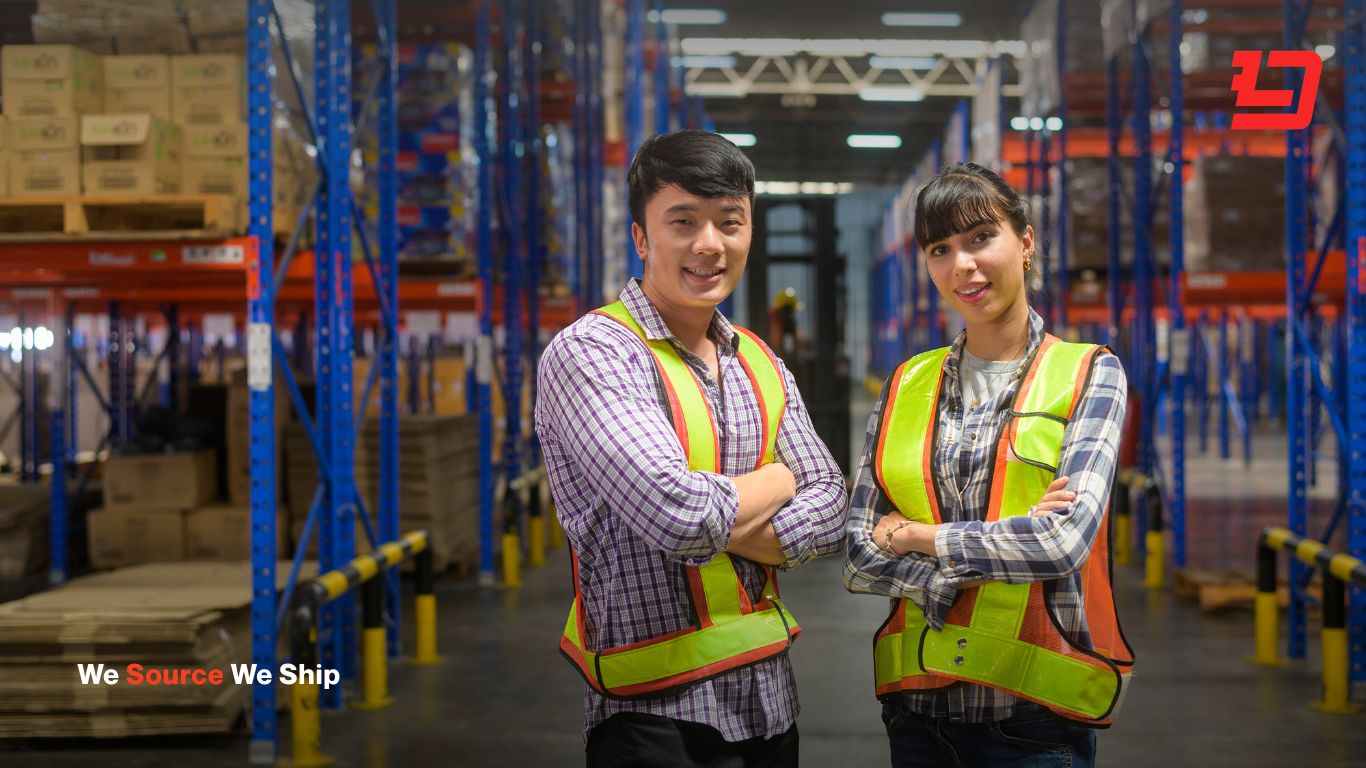Handling fulfillment in-house feels cost-effective at first, but as your ecommerce brand grows, managing storage, inventory, and shipping can quickly become overwhelming. Many business owners reach a point where they spend more time on logistics than improving products or serving customers.
Global ecommerce sales are expected to reach $6.9 trillion in 2025, and most scaling brands now rely on professional third-party logistics (3PL) partners to manage fulfillment efficiently.
If you are not familiar with how 3PL works in ecommerce, check out 3PL for Ecommerce: What It Is, How It Works, and When to Use It before reading further.
Here are 10 reasons why outsourcing fulfillment to a 3PL could be the smartest decision for your brand this year.
1. You Can Focus on What You Do Best
As your business expands, logistics tasks multiply. Managing orders, tracking shipments, and dealing with carriers takes time away from what really matters: improving products, marketing, and customer experience.
A 3PL company manages these logistics for you. This allows your team to focus on strategy, growth, and customer satisfaction while fulfillment runs smoothly in the background.
2. Access to Global Expertise
Expanding internationally brings challenges. Each region has its own import rules, taxes, and customs requirements. A 3PL company with international experience understands these details and manages them for you.
They handle paperwork, shipping routes, and carrier selection, ensuring products move quickly and legally. Partnering with an experienced logistics team helps avoid delays, fines, and costly mistakes.
3. Adjust Quickly to Market Demand
Ecommerce sales can change overnight. A viral campaign or seasonal event can double your order volume, while slower months reduce activity. A 3PL offers flexibility to adapt instantly.
You can expand storage space or increase shipment capacity when needed, then scale back when demand drops. This prevents unnecessary costs while keeping operations responsive to real-time demand.
4. Save Money on Operations
Owning a warehouse for ecommerce sounds ideal until you calculate rent, staffing, and insurance. A 3PL spreads these costs across clients, giving you professional infrastructure at a lower price.
Ecommerce brands using 3PL networks save 18-25% on total logistics compared to managing fulfillment independently.
| Setup Type | Monthly Cost (Approx.) | Scalability |
|---|---|---|
| Self-managed warehouse | $10,000 to $15,000 | Limited |
| 3PL fulfillment center | $2,000 to $5,000 (usage-based) | Flexible |
Outsourcing fulfillment lowers fixed costs, turning logistics into a scalable, pay-as-you-go service.
5. Expand Your Reach Through Direct Fulfillment
Working with a 3PL gives you access to direct fulfillment solutions that connect factories to customers without unnecessary middle steps.
Lansil Global operates warehouses in China and the United States, creating a connected 3PL network that supports direct fulfillment worldwide. From our Shenzhen hub, orders ship to over 170 countries via YunExpress, 4PX, and DHL under Delivered Duty Paid (DDP) terms, while our U.S. warehouses in Nevada and Pennsylvania enable 2–4 day domestic delivery and lower tariff exposure.
This approach helps ecommerce brands reach new markets faster and at a lower cost.
| Region | Estimated Delivery Time | Lansil Global |
|---|---|---|
| United States | 2 to 4 days | US 3PL |
| Europe | 5 to 10 days | China 3PL |
| Middle East | 7 to 12 days | China 3PL |
6. Use Advanced Systems and Real-Time Data
Modern ecommerce 3PLs use technology that provides full visibility into your operations. Digital dashboards track order status, inventory levels, and shipping performance in real time.
Warehouse Management Systems (WMS) and Transportation Management Systems (TMS) automate order processing, giving you instant access to fulfillment data across multiple sales channels such as Shopify, Amazon, and WooCommerce.
This level of transparency turns logistics into a predictable and measurable process.
7. Reduce Risk and Stay Compliant
International fulfillment requires compliance with multiple trade laws and carrier regulations. Missing documentation or mislabeling can delay shipments and increase costs.
A 3PL company helps you stay compliant by managing customs paperwork, labeling standards, and duty calculations for each market. Their expertise minimizes errors and ensures your products move smoothly across borders.
8. Improve Product Quality and Packaging Consistency
Customer satisfaction often depends on what arrives at their doorstep. A reliable fulfillment center checks every order before shipping to maintain consistent quality and branding.
At Lansil Global, quality control teams inspect products for accuracy, verify labeling and barcoding, and ensure proper packaging before shipment. This process reduces returns, improves customer satisfaction, and strengthens brand reliability.
When customers receive clean, properly packed orders every time, they trust your brand more and buy again.
9. Gain Better Inventory Control
As your catalog expands, manual inventory tracking becomes risky. Overselling or running out of stock can hurt customer trust.
A 3PL integrates your inventory across all sales platforms. Each order automatically updates available stock, keeping everything accurate in real time.
You can also track where products are stored, monitor sales trends, and plan restocks with data-driven accuracy. This control prevents stockouts and helps forecast future demand more efficiently.
10. Build a Scalable and Predictable Supply Chain
Long-term growth requires stability and structure. A 3PL company provides both by combining warehouse networks, data systems, and fulfillment expertise.
Lansil Global’s connected China and U.S. 3PL network allows brands to position inventory strategically across regions. This balances cost, delivery speed, and operational efficiency. It also supports a hybrid setup where brands keep bulk stock in China and fast-moving items in the U.S. for faster delivery.
A predictable supply chain creates consistency, enabling you to grow without constant logistical stress.
Lansil Global operates a connected fulfillment network with a China hub in Shenzhen and U.S. warehouses in Nevada and Pennsylvania. The Shenzhen facility manages inspection, labeling, packaging, and global shipping under Delivered Duty Paid (DDP) terms to simplify customs and maintain consistent branding. The U.S. warehouses handle nationwide fulfillment with 2 to 4 day delivery, including FBA prep, wholesale, returns, and relabeling.
Many brands use a hybrid model, storing bulk stock in China and fast-moving items in the U.S. to balance cost and speed while preventing stockouts and supporting scalable cross-border growth.
If you are ready to simplify operations and build a more reliable logistics system, contact Lansil Global to explore how a 3PL can support your brand in 2025.


